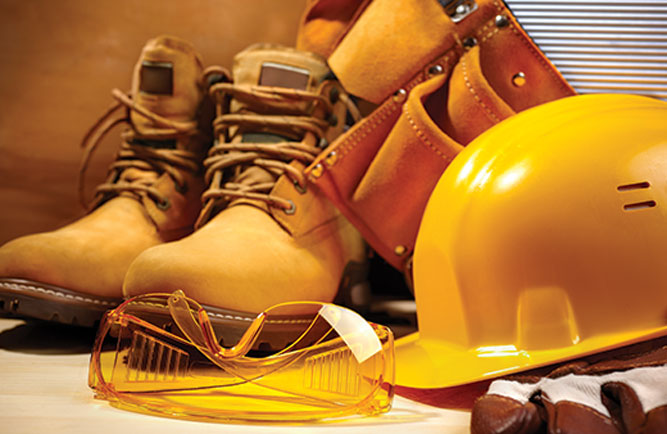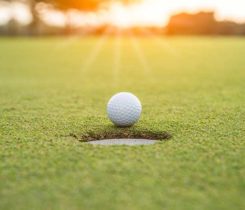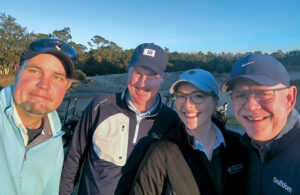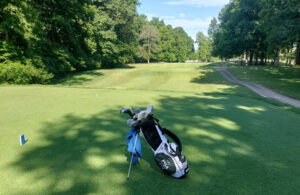Turf MD: Danneberger shares how supers can help teach the younger generation hands-on skills
Over the years, I’ve discussed my 1969 Pontiac Firebird in columns — my experiences with it and how those experiences relate to the golf course. I’ve not always been successful in showing that relationship, but I keep trying. To this day, I continue to look forward to driving to my garage. Each time I look at that Firebird, it puts a smile on my face … even if it’s not running.

Photo: Kuzma/iStock/Getty Images Plus/Getty Images
Just hanging out brings enjoyment and a chance to reminisce. I eventually find myself piddling around checking the tire pressure and fluid levels, such as oil, transmission and brake. I think of what it was like as a teenager working on my car with my neighborhood friends and dads showing up to help. It was always a group project because no one had or could afford all the tools. You learned what it meant to “turn a wrench.”
Technology, for the better, has changed how cars are built and serviced. Onboard computer systems on new or later model cars automatically check fluid levels, eliminating the need to know how to check fluid levels manually. I still remember an early mobile phone TV advertisement from the 1990s that showed a couple of guys changing flat tires on their car while, in a third car, a woman was calling on her mobile phone for service.
The impact of technology, complexities and costs have made the last few generations less knowledgeable about our physical surroundings than previous generations. Much of that is due to technology, the device being too complex or just a lack of time … no one has time to tinker anymore.
When was the last time you saw a family member work on a toaster, washer or dryer? It’s often cheaper and faster just to throw away a broken device and buy a new one. The result is that knowledge of practical things seems lacking. How many of you would be shocked if your son or daughter knew how to change a furnace filter, unclog a sink, know the difference between a Phillips and flathead screwdriver, adjust house vents, change a tire, etc.?
As we have moved away from hands-on work and outsourcing that work more, we have lost touch with the physical world. Academically, David Kelley, Ph.D., at Stanford, has described this stepping back from hands-on work as a loss of agency.
The agency includes various traits, but I tend to focus on curiosity, empathy and steadiness. The lack of learning physical skills impacts one’s knowledge and mental health.
Golf courses are laboratories for learning hands-on skills. What better place for a young person to gain needed physical skills, regardless of whether they are interested in a golf course industry career or just looking for a summer job?
From driving a Cushman truckster one summer, I learned how to drive a manual transmission. Of course, now I joke that manual transmissions are basically extinct, but from that experience, I gained a better understanding of transmissions in general that I continue to benefit from to this day.
As golf course superintendents, I think you have a tremendous opportunity to help young people grow and build their physical/hands-on skills. Making students aware and participating in standard maintenance and equipment check practices can add skills they can use throughout life. Acquiring basic physical skills helps with one’s well-being. The next time you find yourself thinking this person does not know how to do anything, especially something you think everyone should know, take the time and show them.
When I leave my garage, I seem happiest when I have basically just piddled around. I usually accomplish something with my hands, using videos from YouTube.
Related Articles
Turf MD: Dr. D shares how superintendents can contend with snow mold
Turf MD: Danneberger examines the origins of PGRs and the true power behind them












